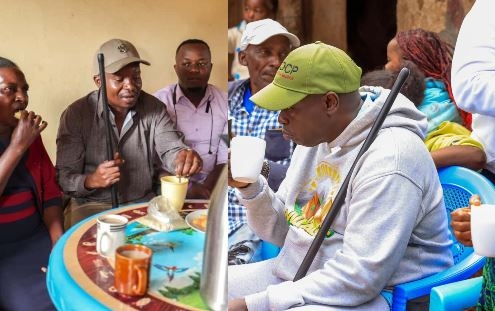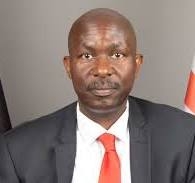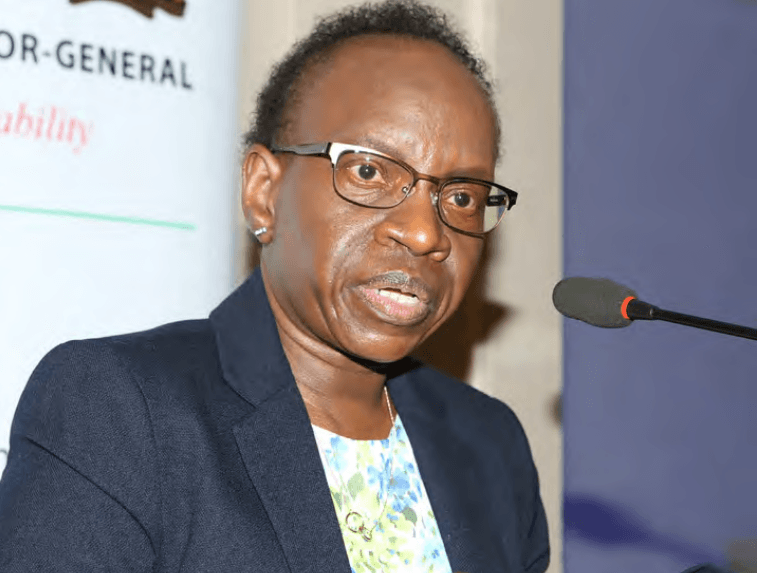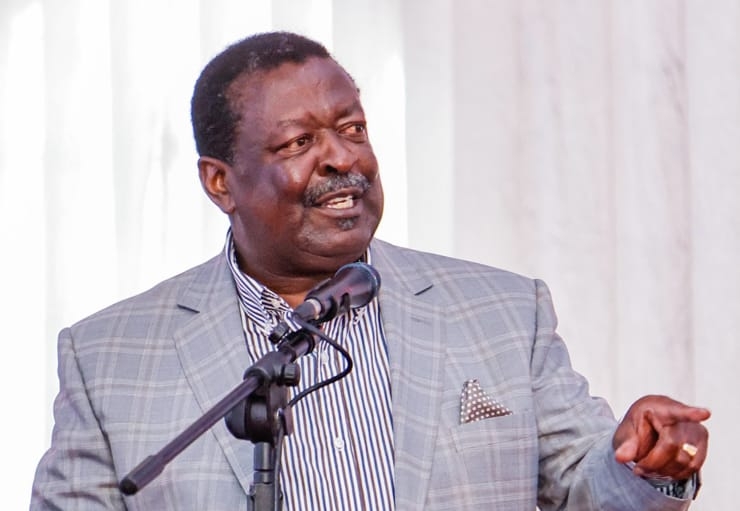As we grapple with the challenges facing the provision of health services, it's gradually emerging, from studies and practice that self-care is going to be the game changer in the promotion of good clinical practice among healthcare workers.
One of the greatest potentials for the contribution of self-care in health is improving sexual reproductive health, especially towards supporting access to Sexual and Reproductive Health information and counselling services for users.
Although the concept of self-care has been practised throughout history, recent advancements in products, information, and technologies are reshaping how health services are delivered.
This paradigm shift towards self-care empowers individuals to take charge of their health and well-being, enabling them to prevent, test, and even treat certain health issues without relying solely on traditional healthcare systems.
Suffice to note however that despite the advantages posed by the paradigm shift, healthcare workers still play a critical in health services provision.
Even though self-care offers individuals an alternative to manage some of their health needs safely and effectively and allows healthcare providers to focus their time and energy where their expertise is most needed, to expand and increase the use of self-care it is critical to have expertise and support of healthcare workers.
The concept of giving importance to self-care in health provision emanates from global trends showing the existing gaps in health workers and brain drain on the same, especially in the developing world.
The WHO projects a staggering shortage of 10 million health workers by 2030, predominantly concentrated in low- and lower-middle-income countries.
This pre-existing shortage has and will further affect the achievement of quite several health development goals.
The need for new ways to offer continuity of health services and adoption of the right self-care practices is imminent to alleviate pressure on healthcare workers and free them up for the most critical tasks.
Self-care is an important complementary intervention that needs to be integrated into health for a strong health system.
It’s time for the provider-to-receiver model that has long been the cornerstone of healthcare systems to evolve to incorporate self-care.
This model, supplemented by self-care is a promising practice towards empowering individuals to manage their sexual reproductive health (SRH) with evidence-based interventions.
In turn, this enables them to navigate their sexuality and reproductive choices with greater autonomy and agency.
Health workers serve as the primary point of contact between individuals and the health system.
As such, they have a significant role in upholding clients' rights and ensuring the delivery of services that are grounded in these principles.
Health workers wield significant power in facilitating or obstructing access to SRH interventions.
They are responsible for providing clients with accurate and comprehensive information and empowering individuals to make informed choices about their care, including whether to engage in self-care interventions.
Health workers are obligated to provide high-quality, acceptable care that meets established standards.
This includes any guidance or recommendations they might offer regarding self-care interventions. Health workers play a pivotal role in empowering individuals to take charge of their health.
To improve health coverage and ensure equitable access to SRH interventions, it's crucial to engage health workers in a manner that aligns with these principles.
This involves not only providing them with the necessary knowledge and training but also addressing any biases or misconceptions they may hold, and fostering a supportive environment where they can effectively engage with clients seeking self-care interventions.
The WHO states that self-care is neither a replacement for quality primary care, nor a shortcut to universal health coverage, but rather an integral and complementary component of overall health care systems.
Self-care interventions have indeed gained significant prominence in today's world, driven by advancements in digital technologies and the increased availability of over-the-counter medicines and diagnostic tools through pharmacies.
The WHO further underscores the recognition of the vital roles that individuals and communities play in managing their healthcare.
Indeje is the Youth Coordinator RHNK and Pamela Adhiambo is the Advocacy Officer RHNK















